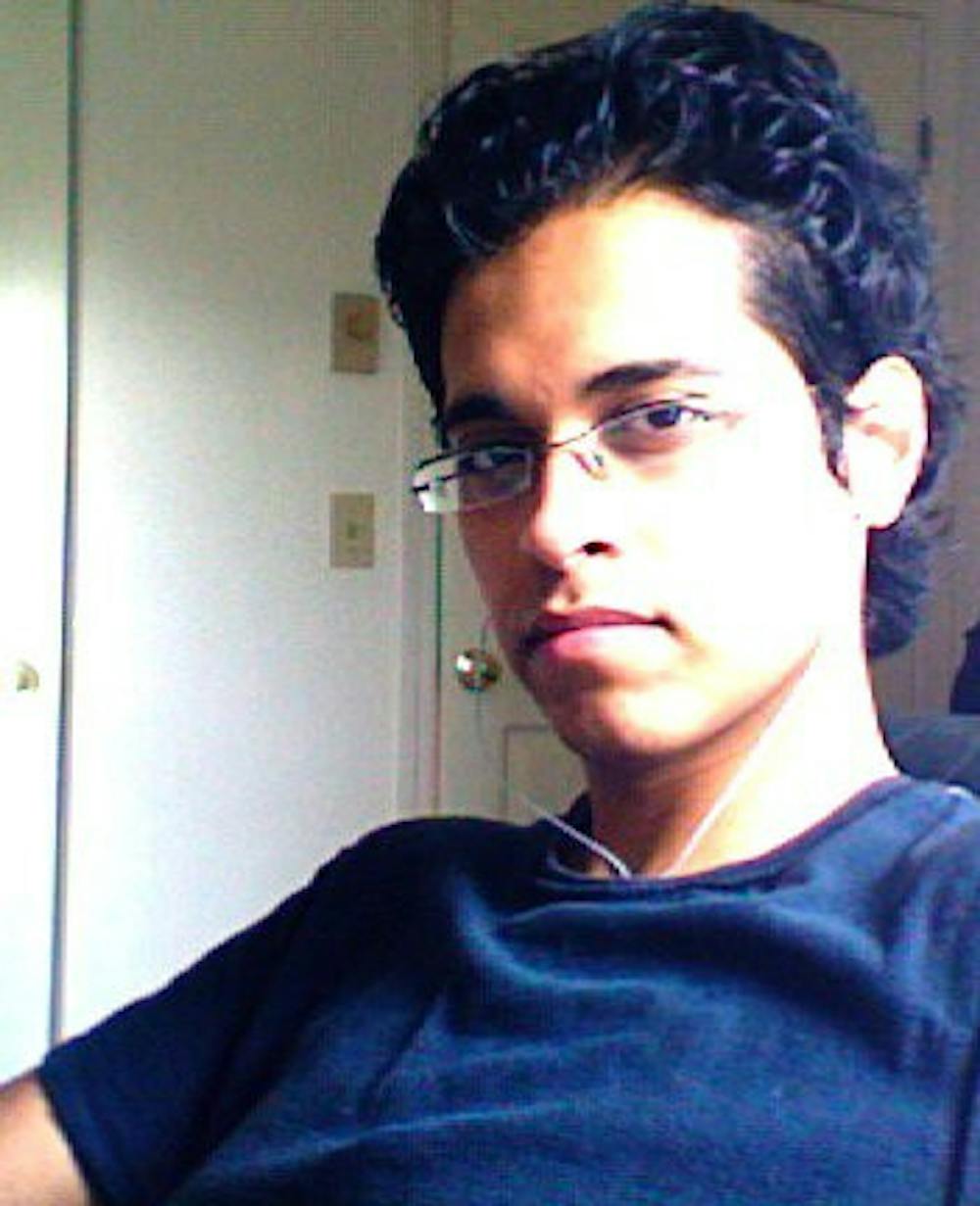Beacon reporter Philippe Boutros takes a look at the upheaval in the Middle East
(The Beacon)
By Philippe Boutros, Staff Writer -- boutros14@up.edu
If you've been on the Internet, turned on a TV, looked at a newspaper or crawled out from under the rock where you currently reside, chances are you've heard something about "unrest in the Middle East."
"What's new about that?" you might ask yourself.
The wave of revolutions seemingly started in Tunisia, where, over the course of days, protesters overthrew the 23-year dictatorial "presidency" of Zine el Abidine Ben Ali and his corrupt regime. This rapid reversal took the world by surprise, only to stun it again with more dissent in Yemen, Bahrain, Algeria, Morocco, Oman, Jordan, Iran and Kuwait.
However, no protests captivated the world's eye as much as in Egypt.
"I tell people it was the best revolution ever," Professor John McDonald said. McDonald taught at the American University of Cairo for close to three years and was most recently a Fulbright fellow in Amman, Jordan.
The revolution in Egypt was sparked by the Tunisian uprising and was fueled by rising food prices. It culminated in the overthrow of the 30-year rule of five-time president and vote-rigging aficionado Hosni Mubarak.
With reporters already in the area, members of the media were easily able to focus on the often brutal treatment of protesters.
Despite shutting down the Internet, protesters kept the world informed with eyewitness reports, grim pictures and even more harrowing videos, such as the now infamous video of protesters getting mowed down by a pro-Mubarak van.
"I liked how the Egyptian people had a lot of international support but managed to get what they wanted without the involvement of the international community," Saudi Arabian and senior Muhammad Al-raddadi said. "I was very worried that international forces would be sent in and that this would cause chaos."
In part due to the UP's growth in international students, many members of the UP community have been affected by what is going on.
"I just wonder if my friends in Egypt and Bahrain are going to be OK," Al-raddadi said.
Middle Eastern students aren't the only ones worrying about the well-being of their friends. The advent of social networking has led to a smaller, better-connected world, even through unlikely channels – such as Farmville, the popular social farming game.
"I met my friend Fatma through a Farmville chatroom," freshman Logan Heyerly said. "She lives in Libya. I haven't heard from her since Thursday; she was really scared because her brothers had been out protesting."
The current revolution capturing the world's attention is in Libya. Moammar Gaddafi, 40-year dictator, maintains a firm hold on Tripoli, the nation's capital. However, Gaddafi has lost control of most of the country.
In a recent televised speech, Gaddafi blamed the protests on youths "drinking Nescafe spiked with hallucinogenic pills," and has taken military action against the protesters, resulting in thousands of deaths.
The world, however, has been asking him to wake up and smell the Nescafe.
"I think they need to find a more humane way to control the situation than using their airforce on civilians," sophomore Garrett Gustafson said.
Gaddafi's bloody retaliation against the protesters has sparked international condemnation, especially owing to the proliferation of on-the-ground YouTube videos uploaded by Libyan civilians.
"They've been able to put a lot of videos on YouTube of protesters getting blown apart by Gaddafi's forces – I don't advise anybody to look them up," freshman Katie Husk said. "They're less appealing than an M. Night Shyamalan movie."
All in all, the world is hopeful for the possibilities of a Middle East free of autocratic rule.
"It's spring in the Arab world, symbolic of a new beginning," McDonald said.
- Philippe Boutros lived in Beirut, Lebanon for the last 10 years.
(The Beacon)








